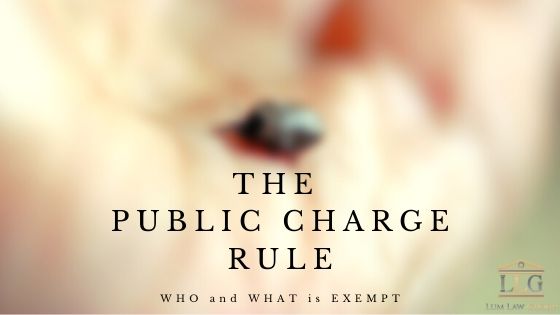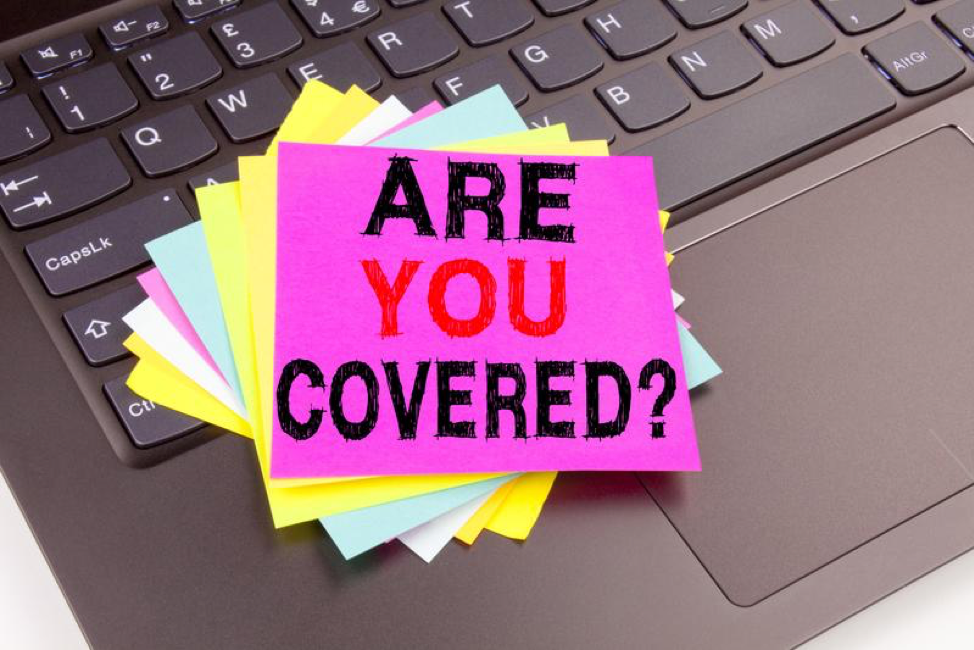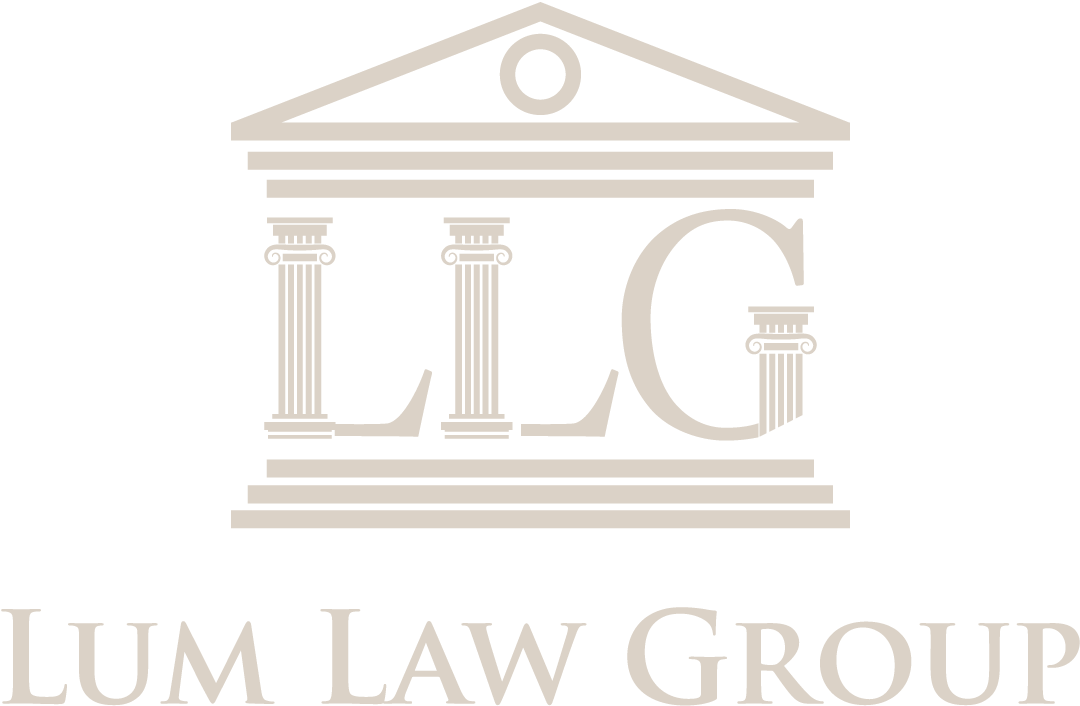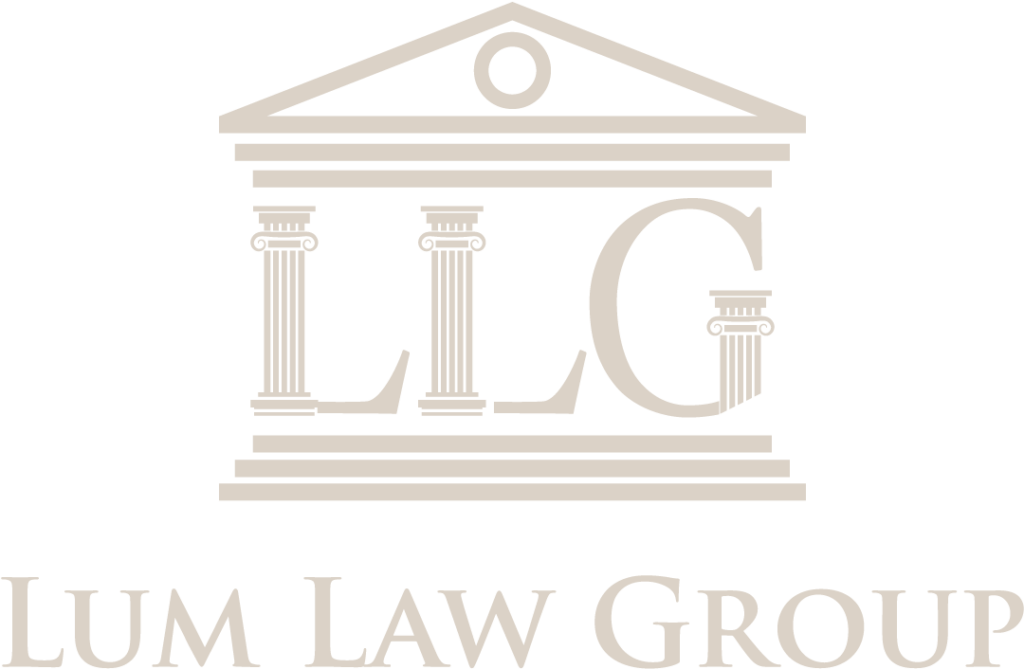Who and what is exempt from the new Public Charge rule?

On Monday, February 24, 2020, the new United States Citizenship and Immigration Services (USCIS) Public Charge rule goes into effect. While we’ve written about it in-depth before, we would like to assure our readers which services and benefits are exempt from the rule, and who the rule does not affect. This article serves to clearly […]
How Much Protection Does Your Business Actually Need?

If you own a business, you need insurance to protect it. The world is unpredictable. Although you can take some precautions, you cannot control or prevent every problem. An unexpected weather event can damage your main facility. An unforeseen problem can injure someone using your product. Even as attorneys, we have malpractice insurance. The amount […]

